Support, Collaborate, & Innovate: 9 Suggestions for Building Great Teams
What makes a great team?
Support, collaboration, and innovation are key success factors for great teams.
Support:
1. Listen: Building support among teams begins with active listening. Exploring team members’ perspectives and “seeking to understand,” popularized by Steven Covey, helps build a foundation where team members feel “heard” and supported by one another.
2. Lead with empathy: Empathy is the capability and willingness to recognize, understand, and share ideas, thoughts, and feelings of others. Demonstrating interest and mutual respect for others is important in building trust and rapport. Team members are much more likely to support one another if they feel others put forth the effort “walk in my shoes”. Empathy provides the glue for building rapport and trust in teams.
Psychological safety is defined as “the belief
that the environment is safe for interpersonal risk taking."
(Dr. Amy Edmonson)
3. Create a psychologically safe environment. Psychological safety is defined as “the belief that the environment is safe for interpersonal risk taking” (Dr. Amy Edmonson). Building an atmosphere in which team members feel free and safe to express diverse and alternative points of view without fear of retribution, embarrassment, or censure is fundamental to establishing a foundation of trust and support. Psychological safety enables interactive exchanges and encourages open sharing of information and ideas.
Collaborate:
4. Practice open-mindedness: Open-mindedness is defined as being receptive and open to information and ideas that may run counter to one’s beliefs and opinions. Demonstrating curiosity about new or alternative ideas reinforces teamwork and mutual respect. Practicing open-mindedness is an important skill that accelerates collaboration. Open-mindedness and curiosity offer an effective antidote for team members who may initially cling to the need to be “right”.
Demonstrating curiosity about new or
alternative ideas reinforces teamwork
and mutual respect.
5. Embrace a “Yes, and” mindset: “Yes, and” is a core principle in the world of improvisation. “Yes” creates a mindset that affirms, respects, and explores ideas and suggestions offered by other team members. “And” emphasizes behaviors that build upon others’ suggestions, increase group participation and engagement, and promote inclusion and co-creation. “Yes, and” promotes a “we” rather than “me” mindset, which encourages increased collaboration.
6. Develop a collaboration skills toolkit: Skills training can provide helpful tools and examples for teams to apply to their work. Related topics include team building, communication exercises, conflict management, negotiation skills, consensus building, and improvisation training. For skills training to be effective, it is critical that team members practice and apply these new skills rather than viewing training as a one-time event.
Innovate:
7. Play: Play opens team members to explore new possibilities, contribute suggestions, and promote teamwork. The spirit of play models collaborative and non-judgmental behaviors that support the creative process. Idea generation tools can provide helpful structure supporting play and creativity. Tools such as brainstorming, mind mapping, SCAMPER, story boarding, improvisation, and creativity exercises can jump start innovation.
8. Experiment: Framing early efforts as experiments encourages the exploration of multiple approaches and suggestions. Pilot tests, simulations, and rapid prototyping provide helpful information that can be used to inform decisions regarding the allocation of additional and future resources. Viewing early attempts as experiments reduces the pressure and stakes for team members while supporting continuous learning.
Great teams embrace continuous learning.
9. Learn: Great teams embrace continuous learning. Increasingly, teams are being charged to learn faster. Action provides clarity. New information provides data that is helpful in adjusting, making modifications, and planning. There are typically three phases that support learning: Reflect, Integrate, and Apply.
i. Reflect provides the opportunity to consider and evaluate new information and data generated from pilot testing, simulations, and rapid prototyping.
ii. Integrate enables analysis and synthesis of new information and determining how it best confirms, complements, or contradicts current knowledge.
iii. Apply leverages information to inform action. This includes modifying existing approaches or hypotheses. This may ultimately lead back to designing and conducting new experiments.
What suggestions have you found to be helpful in building great teams?


